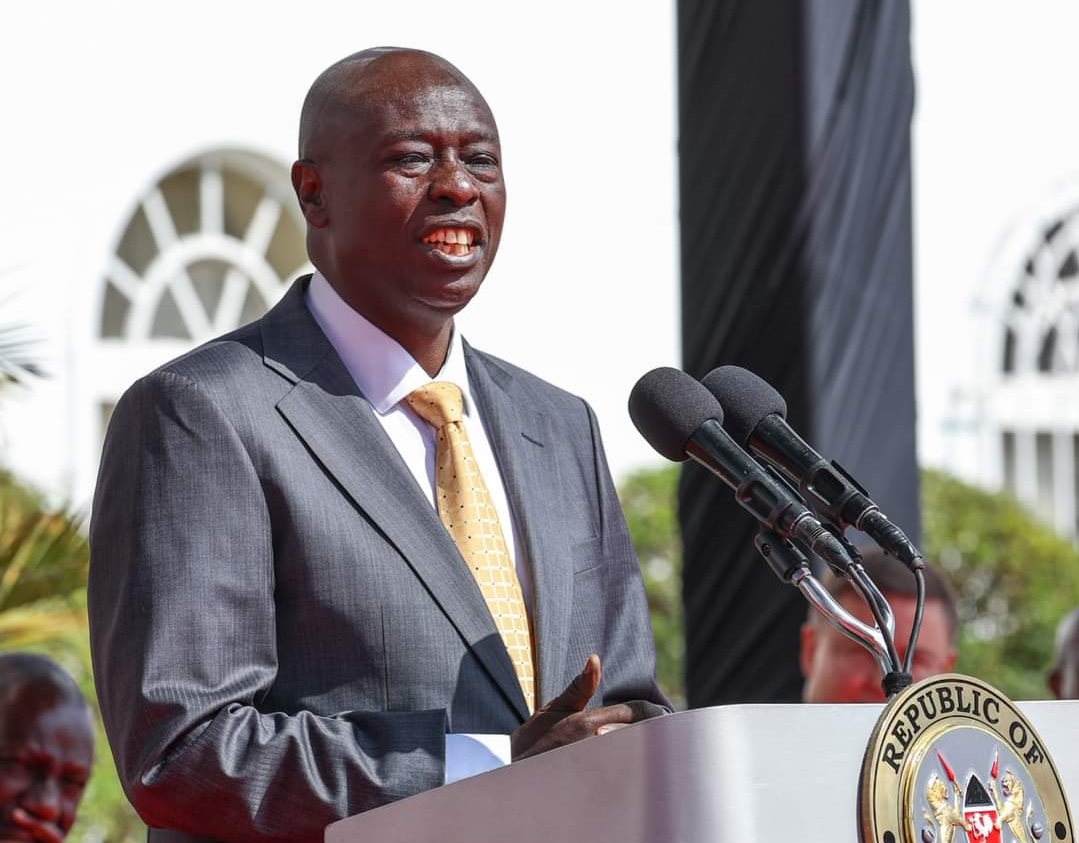
File image of Rigathi Gachagua
Deputy President Rigathi Gachagua on Friday, October 6 asked the governors to clear pending bills at the counties so that the private sector to thrive.
Speaking during the 21st Ordinary Session of the Intergovernmental Budget Economic Council at the Official Residence at Karen, Nairobi, Gachagua said bills are slowing economic growth, especially for the upcoming investors.
“Some counties are still holding a lot of money, yet there are pending bills. The bills should be settled in the first in first out structure,” the Deputy President said.
The Controller of Budget recently said pending bills increased by Sh11.74 billion to reach Sh164.76 as of June 2023. This has thrown suppliers into financial crises due to financial challenges, with some facing actions and shutdowns.
The law requires that money not spent within the required period is returned to The National Treasury.
“It is noted that some counties did not follow the first in first out basis criteria. The council has decided that a meeting be convened involving the Controller of Budget, Council of Governors, and The National Treasury to address and resolve the persistent issue of the pending bills,” read the resolution, presented by the Deputy President.
At the same time, Gachagua called on the counties to pay salaries on time for smooth serviced delivery.
“Delayed salaries should be a thing of the past. You need to establish structures of paying salaries on time. The National Government is ready to support you on this matter,” he said.
On the other hand, the Deputy President asked the counties to adopt technology to meet their own source of revenue targets.
“We urge you to enhance revenue collection by digitising and automating your systems. This will also seal leakages towards meeting revenue collection targets,” he said.
The meeting noted that most counties have consistently failed to meet revenue collection targets since the advent of devolution.
“This shortfall has had adverse effects on service delivery, besides accumulation of pending bills. We acknowledge that the Commission on Revenue Allocation has intervened by disseminating its own source of revenue allocation potential report implementing tax administration and diagnostic assessment tools and formulating the tariff pricing policy,” read part of the resolution.


































































